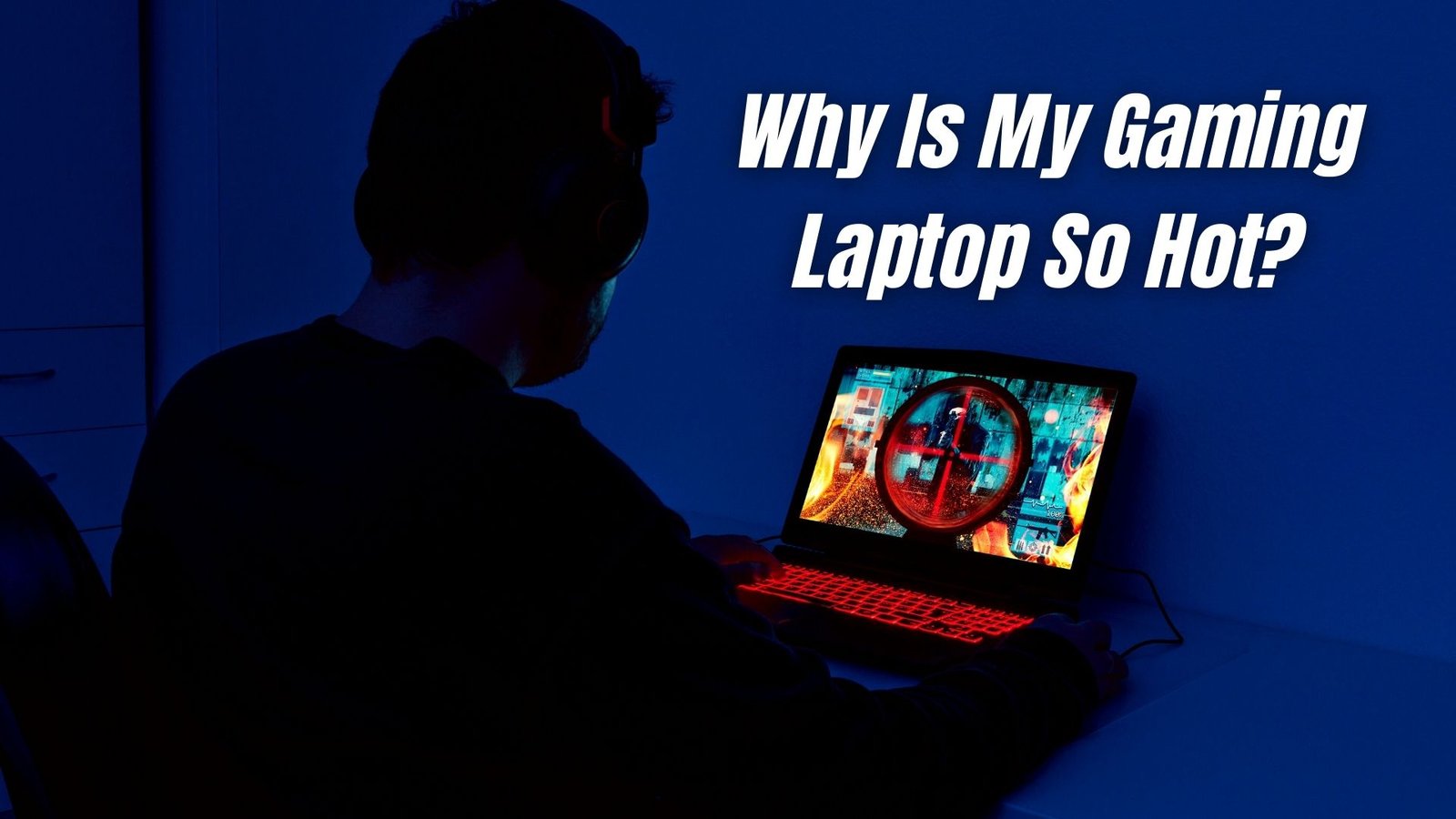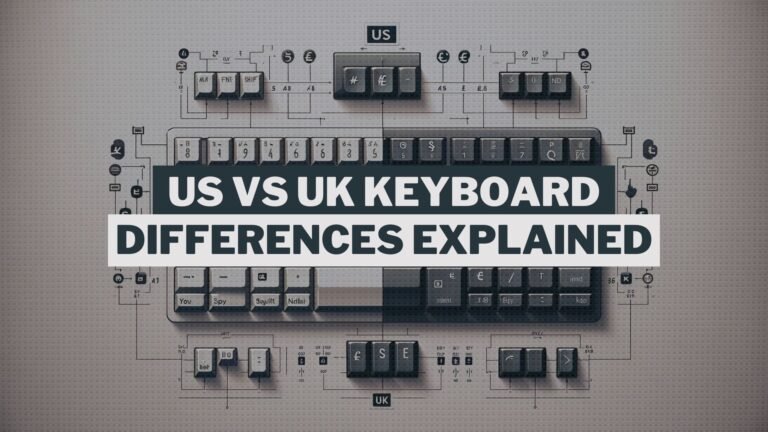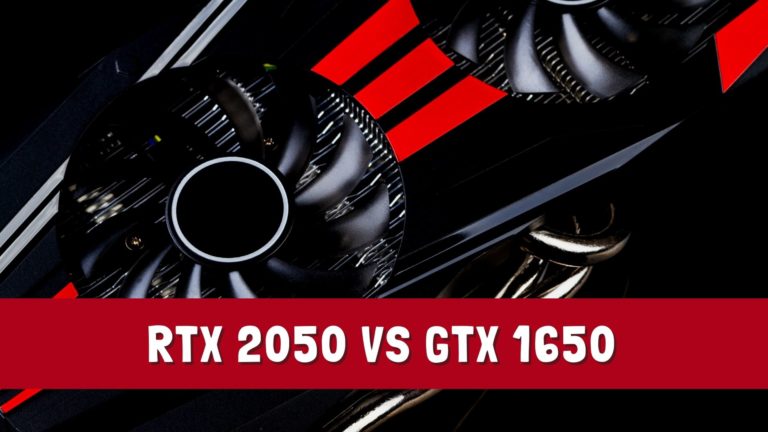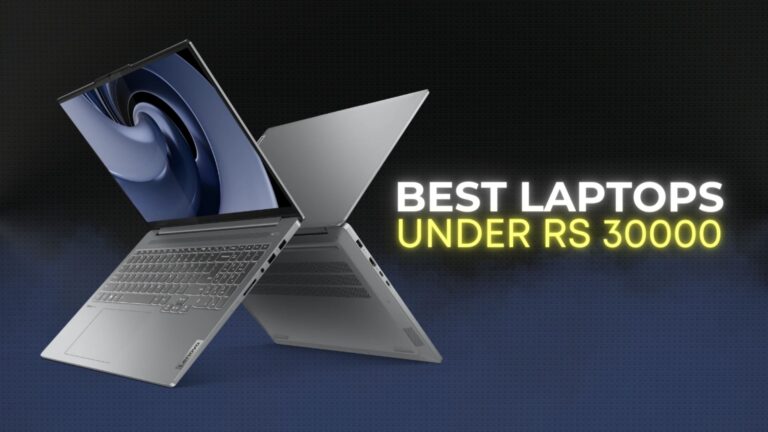“Why do gaming laptops become so hot?” this is a subject that many people who play video games wonder about. To provide a brief response, I’d say that there is no solution to this issue that applies to everyone. Gaming laptops produce a lot of heat because they contain high-performance CPUs and specialized graphics cards, both of which create a lot of heat while they are being used. You can, however, determine whether or not your gaming laptop is running too hot by following a few basic recommendations.
To begin, it is essential to keep in mind that most laptops made for gaming are intended to operate at high temperatures. This is because powerful components produce a lot of heat, and for laptops to function well, they need to be able to disperse that heat adequately. As long as the temperature remains within the acceptable range for the components, there will be no risk of any harm being caused by it. Therefore, there is nothing wrong with the actions that you are doing.
In addition, I explored the top 10 explanations for the question “Why does a gaming laptop get so hot?” In addition to the causes mentioned above, I offered several potential remedies. After reading this article, you should make the necessary adjustments to your gaming laptop if it also generates much heat.
Gaming Laptop: Is it too hot?
There is a rising market for laptops intended exclusively for gaming! Even so, most people think of laptops as portable computers that can be used for work or education. These laptops are powerful devices capable of handling the demanding needs of modern games. But they tend to create a lot of heat because of their design. Consequently, many gamers worry about how hot a gaming laptop may get before it becomes unsafe.
There are a few aspects of a gaming laptop that are important to consider. The first concern is the dimensions of the laptop. The temperature might also reach relatively high. Because gaming laptops tend to run quite hot, choosing one that won’t go to an unsafe temperature even after prolonged usage is essential. The maximum temperature that a gaming laptop should be able to reach is 90 degrees Celsius.
According to most specialists, the optimal working temperature for a gaming laptop is between 80 and 85 degrees Celsius. However, it has been observed that particular laptops run hotter than this, and thereis no agreement over what temperature is too high. Some gamers say their laptops begin to overheat at about 90 degrees Celsius, while others have not seen any issues at 100 degrees Celsius. It is ultimately up to each gamer to choose whether the temperature is too high for their laptop. If you find that your laptop is running hotter than usual, you should always err on the side of caution and refrain from gaming until it has cooled down.
Laptops with more than one fan typically operate at a lower temperature than those with just one fan. Last but not least, you should think about the components built into the laptop. Some materials, like aluminum, are better at removing heat from their surroundings than others. Keep these considerations in mind while searching for a gaming laptop to ensure that it maintains a cool operating temperature. Also notice if it does not get unsafely hot after lengthy usage.
What Are The Signs Of Overheating In A Gaming Laptop?
A gaming laptop with overheating difficulties will exhibit several indications and symptoms. It is very recommended to take quick actions to prevent severe injury. If no safeguards are taken, the laptop is more likely to pose fire threats. The presence of burn odor and smoke suggests that it is too late to take preventive measures.
Here are five signs that the laptop shows when overheated:
Fans Running Faster
A cooling fan is connected to the central processing unit (CPU) and ensures that the laptop maintains a lower temperature. The fan’s speed is determined by the temperature, monitored by sensors located within the CPU. When the sensors detect that the temperature inside the laptop is excessive, they signal the fan to speed up and increase its volume.
In particular, if you are engaging in strenuous activities like playing video games and streaming 4K recordings, that cause excessive heat to be generated within the laptop. This means you need to take precautions. When this occurs, the laptop must make more effort to rid itself of the additional heat. This will cause the fan to continuously operate at its full speed, resulting in loud sounds.
Very warm to the touch
It is natural for a laptop to get warm while it is being used. However, if your laptop is consistently becoming too hot and expelling hot air out of the air vents, this is a clear indicator that your laptop is overheating and needs to be replaced.
If the heat starts to build up within the laptop, there is no way for it to get out of the system since there are no vents. The surplus heat produced by the system will continue to build until the cooling fan takes it away. Because of this, some portions of the laptop, most notably the laptop base, get quite heated.
Frequent Interruption of Connectivity
A frequent need to shut down the laptop is another indicator that it may be overheating. Numerous computers are equipped with software that will force the machine to power down if any faults are detected with its internal components. The most prominent occurrence is that when the Central Processing Unit (CPU) becomes too hot, the system will abruptly shut down without providing any opportunity to save the work. As a result, the burden of any resulting data loss falls on the user.
In very unusual circumstances, the computer may show an error message that reads “Thermal Shutdown Occurred” in-between shutdowns. This error message indicates that the temperature of the central processing unit (CPU) has reached a critical level. It also indicates that the computer is shutting down on its own to prevent any damage that may be permanent.
Lines Extend: Across the Display
The appearance of lines across the screen indicates that your laptop computer’s Graphics Processing Unit (GPU) is running too hot. If your laptop features a dedicated video card, this might happen. It’s possible that the system you’re using can’t keep up with the level of sophistication offered by the GPU you’re using.
It is usual for a graphics processing unit (GPU) to get warm while playing high-end games; however, it is not typical for a GPU to become overheated when used for its intended purpose. There is an issue with the GPU being too hot, as it is constantly brought to the user’s attention by lines that run across the screen.
The decline in Overall Performance
The reduction in performance is the last symptom on our list of signs that a laptop is overheating. One aspect that plays a role in determining how quickly a computer can do a task is the clock speed of the Central Processing Unit (CPU). The laptop’s central processing unit (CPU) will automatically slow down its clock speed if it detects that excessive heat has collected within the device for whatever reason.
This may decrease performance and cause the system to become unresponsive and perhaps even crash. When this occurs, seemingly innocuous activities like opening and shutting a browser might take long.
How To Prevent Your Laptop From Overheating
There are numerous potential solutions to the problem of gaming laptops overheating, and some of them will assist you in rapidly and conveniently reducing the temperature of your gaming laptop.
Let’s go over each Gaming Laptop Heating solution one at a time.
Dust Pile Up
The pileup of dust on the fan blades might be one of the causes of overheating when gaming. If you clean the fans once a month, it should be enough to maintain them in good operating order. If there are several hardware issues, you may switch this fan for a different one or run a hardware diagnostic test to see whether or not the issue has been resolved. Try out this solution for removing dust from gaming laptops!
GPU’s Thermal Throttling: Incorrect Settings
When a gaming laptop becomes too hot, one of the most prevalent reasons is thermal throttling, which occurs in both the CPU and the GPU. The user must select “Limit max GPU temp” found inside the “Gigabyte Gaming” menu to resolve this issue. Fixing your gaming laptop’s cooling fan is another option.
Running Background Programs
Even if you don’t need them, certain apps will start up automatically and continue to check and update themselves in the background. These background programs put unnecessary strain on the central processing unit of your laptop, which ultimately causes it to overheat.
You may inspect these apps through the Windows Task Manager and then close them to lessen the strain on the computer’s processor. You may launch the task manager by pressing the Control key, the Shift key, and the Escape key on your keyboard simultaneously.
Once the window for the Task Manager has shown, you will have the ability to navigate through the active list of active apps. Right-click on the apps you don’t need, and then choose the “End Task” option that appears.
Click the “Startup” tab at the top of the window to prevent certain apps from automatically launching when the computer boots up.
After that, right-click on the apps you wish to close and then pick “Disable” from the menu.
Malware and Viruses
Another reason for Gaming laptops overheating is a virus or other malware assault. Try using System Restore to solve the issue. Try an external USB hard drive, flash drive, or DVD drive if it does not work. There is a minimal risk that they might cause overheating when gaming. So, you must ensure that no malware or viruses use CPU and RAM.
Cooling Mechanism
A heating problem will occur if the cooling fan is not functioning correctly. Before continuing, you must perform a Gaming Device Hardware Diagnostic Test. Many gamers overlook this issue, yet it still dramatically causes your laptop to overheat.
Laptop’s CPU or GPU: Overclocked
When you overclock your computer, both the central processing unit (CPU) and the graphics processing unit (GPU) will run faster than those specified by the manufacturer. Your gaming laptop will undoubtedly run hot if it does not have an adequate cooling system to disperse the additional heat created due to overclocking.
You will need to return your CPU and graphics card to their factory default settings to resolve this issue. Don’t forget to create a backup copy of all of your data on an external storage device so that you won’t accidentally delete any crucial information throughout the process.
Sufficient Airflow
If the intake vents on the rear of your gaming laptop are obstructed by dust or debris, then consider clearing the dust from within your gaming device.
Faulty Graphics Card
Occasionally, even a Gaming laptop overheating issue might be caused by a faulty Graphics Card; if replacing the Graphics Card does not resolve your Gaming laptop overheating issue, try updating the most recent drivers for your GPU. Gaming Notebook repair Gaming Device Before upgrading to a new laptop, you should evaluate the graphics quality. Fixed memory or CPU frequencies may potentially cause severe system damage.
Firmware Configurations
The BIOS firmware settings in a gaming device might be the source of many issues both during regular usage and when overclocking. In addition to this, there is also the possibility that the CPU is being overclocked or boosted. The overclocking of the CPU might cause damage to your gaming laptop due to the increased temperature.
RAM with Defect
The overheating issue with gaming laptops may also be caused by defective RAM. If you cannot locate the memory choice inside the BIOS or within the system information, this may be causing your gaming device to get too hot. It can help reset the RAM modules in the gaming device you’re using.
Bottom Line
To guarantee that your laptop stays cool throughout extended gaming sessions, look for a laptop with numerous cooling fans and sufficient airflow.
You might be wondering what the cutoff point is for how hot a gaming laptop can become! If you’re looking for one that can handle the most intensive games on the market, that is. Unfortunately, because various computers run hotter than others, there is no precise answer.






